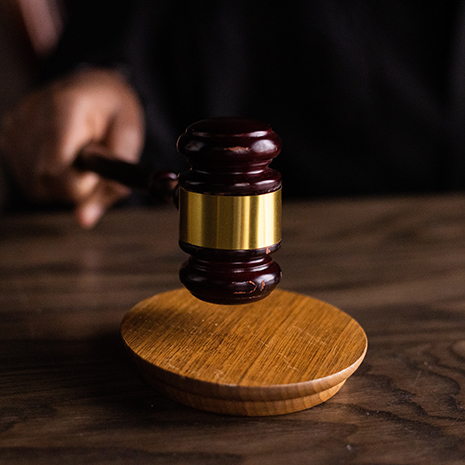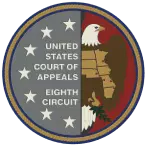However, filing a Section 2255 motion can be complex and time-consuming, and success is not guaranteed. It is crucial to consult with an experienced federal criminal appeal lawyer who can guide you through the process and advise you on your best course of action.
What is a Section 2255 Motion?
A Section 2255 motion is a legal recourse available if you were convicted of a federal crime and are currently serving your sentence. The term “Section 2255” refers to the federal code section outlining this legal remedy. A Section 2255 motion allows you, as a convicted individual, to challenge the constitutionality of your conviction or sentence.
This can be done by arguing that the conviction or sentence violated your rights under the U.S. Constitution, federal law, or both. If successful, a Section 2255 motion can lead to a new trial, a reduction in sentence, or even your release from custody.
How to File a Section 2255 Motion
To file a Section 2255 motion, you must be in custody and have exhausted all other available legal remedies, such as a direct criminal appeal. The motion must be filed in the district court where you were convicted and sentenced, and it must be filed within one year of the date the conviction became final.
Grounds for Section 2255 Motions
Some of the most common grounds for a Section 2255 motion include:
- Ineffective assistance of counsel — situations where the individual’s defense attorney did not provide adequate representation, such as by failing to investigate key evidence, failing to present a strong defense, or providing incorrect legal advice
- Brady violations — situations where the government failed to disclose exculpatory evidence to the defendant, such as evidence that could have helped the defense
- Actual innocence — situations where new evidence has come to light that proves the individual’s innocence, such as DNA evidence or a witness recanting their testimony
- Sentencing errors — situations where the individual’s sentence was based on incorrect or incomplete information or where the sentencing judge erred in applying the sentencing guidelines
- Subsequent Changes in the Law– sometimes the United States Supreme Court will issue an opinion that impacts an inmate’s current sentence. If the Supreme Court made the change retroactive, you can file a 2255 motion to get the benefit of that new ruling.
It is important to note that Section 2255 motions can be complex and time-consuming, and success is not guaranteed. Therefore, if you’re seeking to file a Section 2255 motion, consult an experienced attorney, and we can advise you on the best course of action.
Experienced Federal Appeals Lawyers
When you’ve been unjustly convicted and sentenced for a federal crime, it can feel isolating and devastating. However, a Section 2255 motion can provide a valuable legal remedy for those convicted of federal crimes who believe their conviction or sentence violated their constitutional rights or federal law.
Navigating the process of an appeal can be challenging, and success is not guaranteed. You need the legal aid of an attorney with experience in federal appeals that can guide you through the process and increase your chances of success.
If you or a loved one are considering filing a Section 2255 motion, contact us today at Elizabeth Franklin-Best to discuss your case and explore your legal options.
FAQ: Section 2255 Motions
What happens after I file a Section 2255 motion?
After a Section 2255 motion is filed, the court will review the motion and any supporting materials to determine if a hearing is necessary. If the court determines that a hearing is necessary, it will schedule one and notify the parties involved.
Can I appeal the decision of the court regarding my Section 2255 motion?
Yes. If the court denies your Section 2255 motion, you can appeal the decision to a higher court.
Do I need an attorney to file a Section 2255 motion?
While it is possible to file a Section 2255 motion without an attorney, it is highly recommended that you seek the assistance of an experienced criminal defense attorney. An attorney can help you navigate the complex legal process and increase your chances of success.































